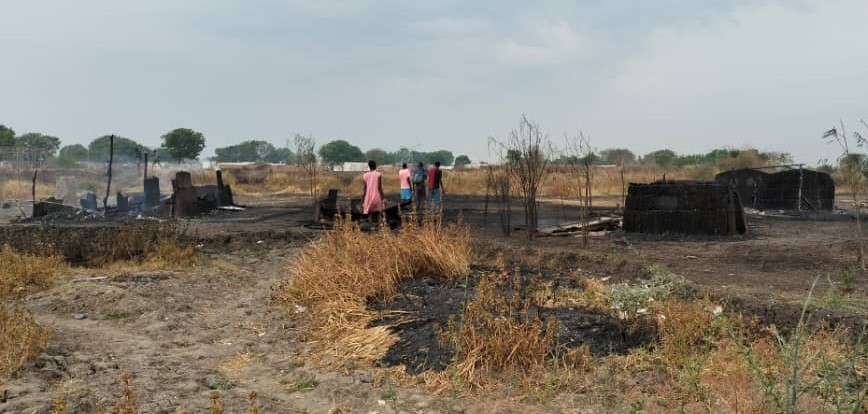The town of Nasir in Upper Nile State has been hit by a fresh wave of airstrikes as the South Sudan People’s Defence Forces (SSPDF) and the Ugandan People’s Defence Force (UPDF) launched another attack on the area this morning. The escalation comes amid rising tensions between President Salva Kiir and First Vice President Riek Machar.
This marks the second such incident in recent weeks. On 17 March, at least 21 civilians, including women and children, were killed in an aerial bombardment in Nasir.
Uganda has deployed special forces to South Sudan, with its military chief announcing last week that troops were sent to “secure” Juba, the capital of its northern neighbour. The UPDF has faced accusations of conducting airstrikes in support of the SSPDF.
Recently, South Sudan’s Defence Minister vowed to retake Nasir after SSPDF forces were dislodged and the military base there was overrun by the White Army on 4 March. The White Army, a loosely organised militia linked to First Vice President Riek Machar, seized the town following hours of clashes with the SSPDF.
Nasir County Commissioner Gatluak Lew Thiep confirmed to Radio Tamazuj that a military warplane dropped multiple bombs targeting Nasir town at around 3:30 AM on Wednesday.
The commissioner accused the military and its Ugandan counterpart of using chemical weapons in the airstrike.
“The bombs fell in Nasir town. The attacks resulted in the wounding of two people, a mother and her two-year-old child. They are in critical condition, and we are considering referring them for further management. The child is in critical condition; we don’t even expect that the child will survive,” he said.
According to the commissioner, the wounded mother is expected to respond to treatment as her condition is less severe.
He also noted that the Nasir market was burned down after one of the explosive barrels fell directly on it, destroying several shops, particularly tea-selling stalls, in the first round of attacks.
“Four bombs targeted my compound as commissioner. That was the second round, and this is where four barrels fell in my compound. This is where the mother and child were hurt,” he said.
“The market has been burned down, and I went there to confirm it myself. I don’t know how many shops, but most of them have been destroyed,” he added.
Edmund Yakani, a South Sudanese civil society activist, called on the country’s leadership to immediately halt what he described as “inhuman and degrading acts of victimizing” the civilian population in Nasir County.
“I call upon His Excellency the President to stop the continuous airstrikes on Nasir and other locations. If the violence continues for one more week, the chances of it turning into a full-scale war and proxy war involving multiple foreign actors will increase. This will make the country suffer more and for longer,” he said.
Yakani added that President Kiir and First Vice President Machar bear the primary responsibility to stop the violence immediately and should both be held accountable for the ongoing conflict.
He urged the Intergovernmental Authority on Development (IGAD), the African Union (AU), and the United Nations (UN) to intervene by sending high-level delegations to South Sudan to meet with the leaders before the civilian population pays an even more painful price.
“While Uganda is one of the IGAD peace guarantors, it is effectively engaged with its forces in violating the spirit of the peace process. Uganda’s president should help prevent South Sudan from sliding into war. Meanwhile, the White Army is being used for proxy warfare in the country. All these human rights violations must stop now,” he concluded.
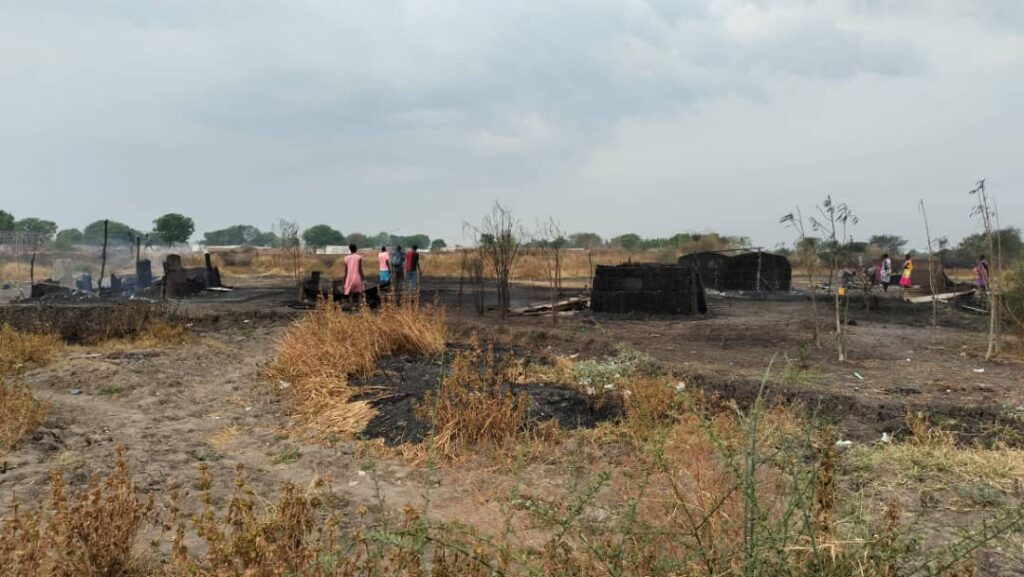
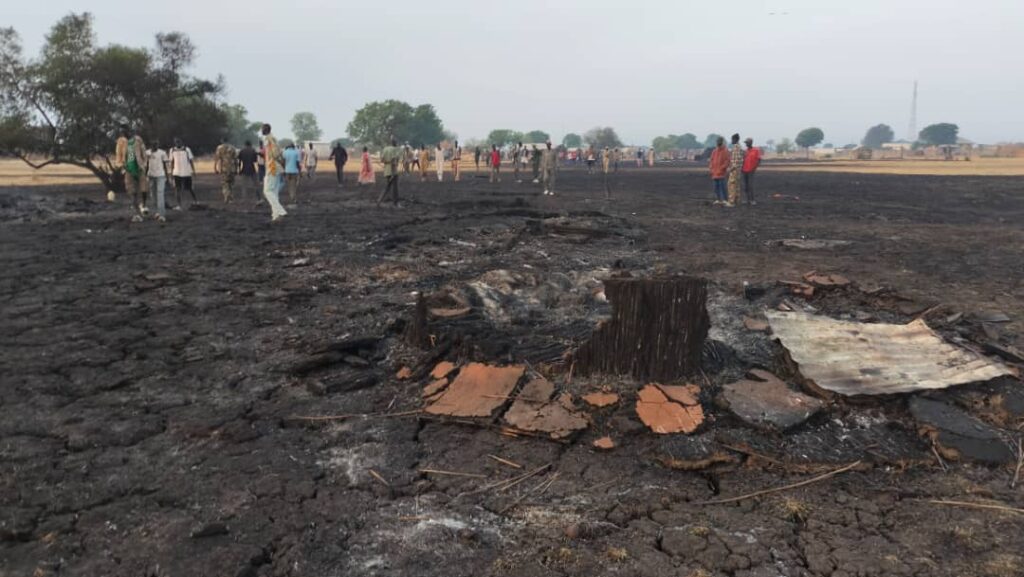
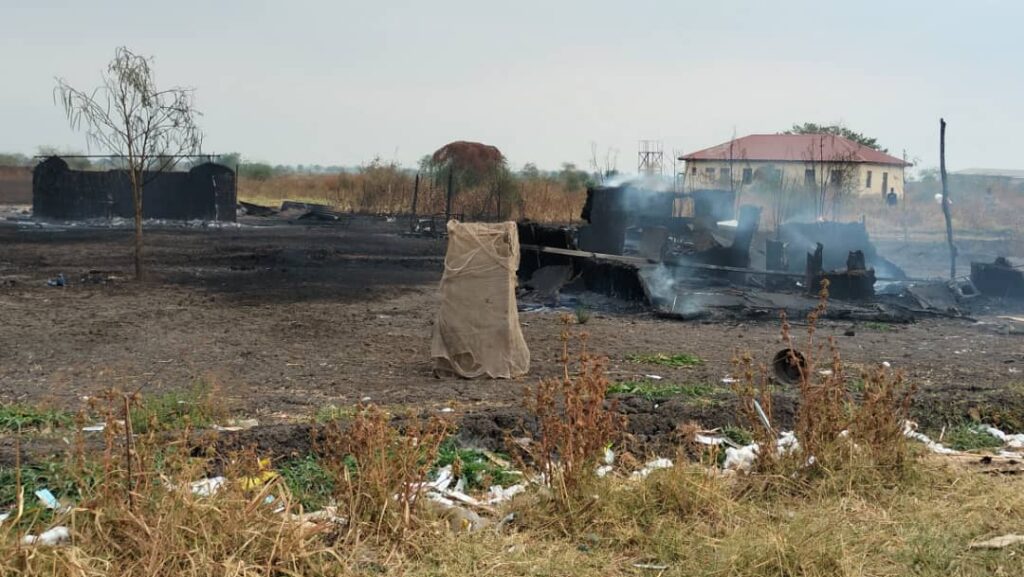
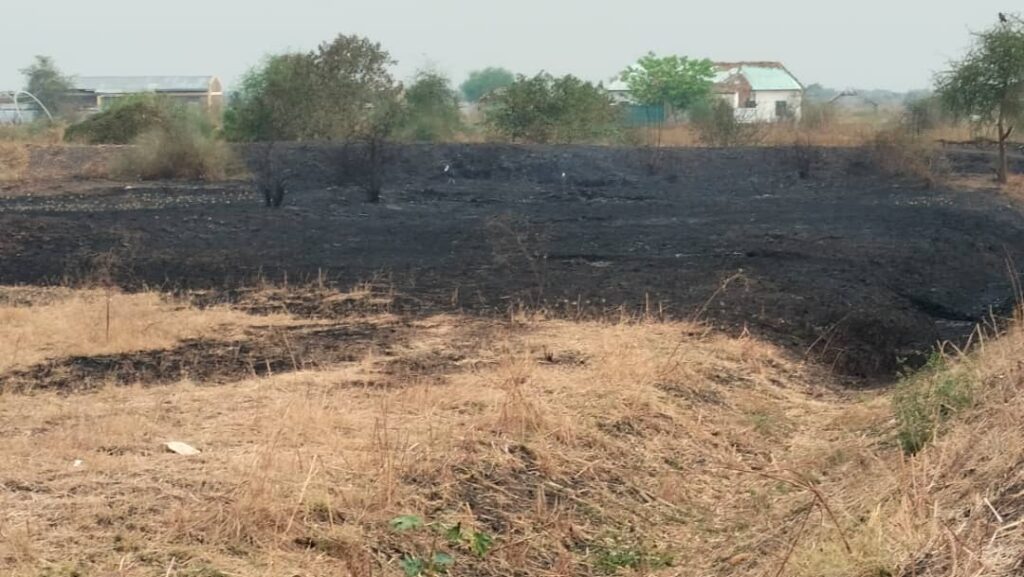
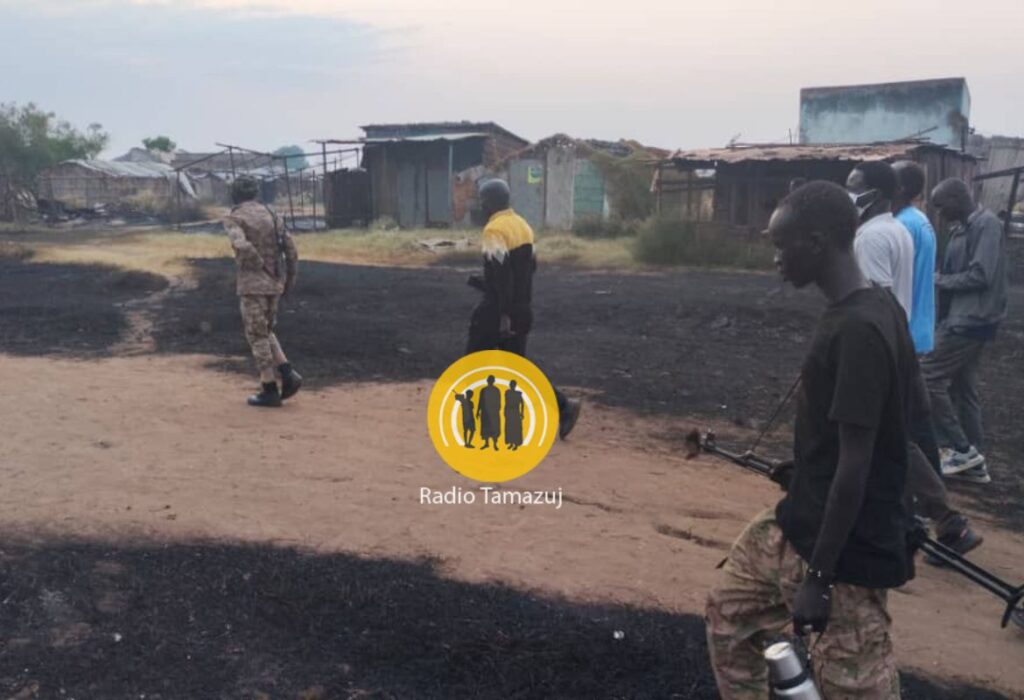
Source Radio Tamazuj / Photo Courtesy


